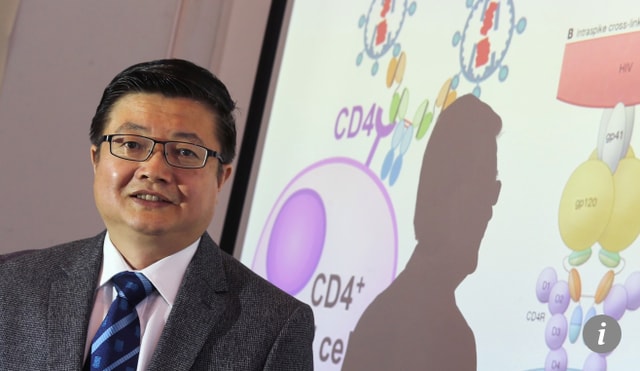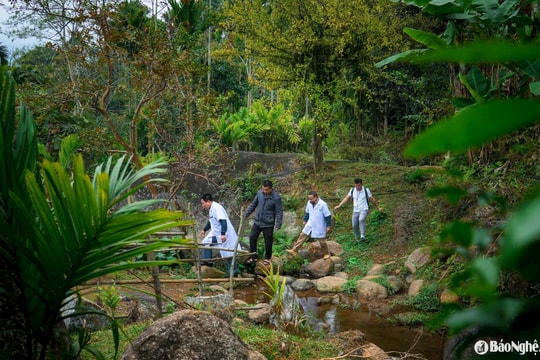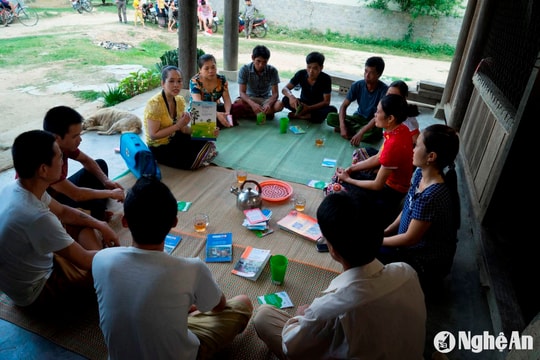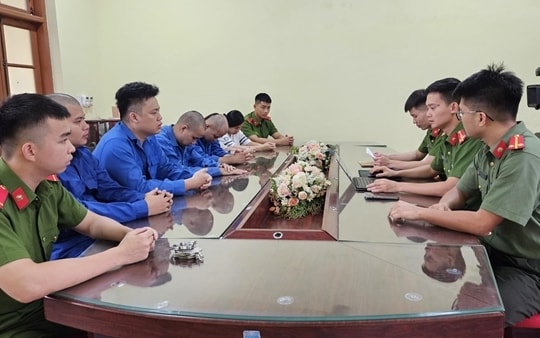New drug to both treat and prevent HIV infection?
A research team led by scientists from the University of Hong Kong believes their scientific discovery, which has so far only been tested on mice, could protect people from HIV infection, as well as treat the virus.
The team has developed a new antibody drug that not only protects against HIV infection but is also a long-acting treatment for the virus, a difference from current drugs.
But more testing will be needed before the drug, dubbed “BiIA-SG,” becomes part of the global fight against the virus that causes AIDS.
So far the team has only tested the drug on mice, but they are looking to test it on larger animals such as monkeys, before moving on to human clinical trials.

However, Professor Chen Zhiwei (pictured above), lead researcher and director of the HKU Aids Institute, stressed that the scientific discovery had yielded “one of the most potent and effective antibody drugs”.
The study found that mice injected with the drug before being infected with HIV were protected from the virus for about a week.
Additionally, experiments, involving experts from Chinese medical and research institutes, found that when mice were infected with HIV before treatment, 42% had “undetectable” levels of virus for at least four weeks after a single injection of antibodies.
Chen explained that the drug could “kill two birds with one stone” because first, it could kill the virus, and second, if the virus has already multiplied, the drug could prevent it from entering more cells.
Findings from the HKU study were recently published in the journalJournal of Clinical Investigation.
The team's goal is to prolong the protection of the new antibody drug.
“We are making other improvements … to ensure that drug concentrations can be maintained for longer periods of time. We are aiming for weeks or even months.”
As long as the drug concentration is maintained at an effective level, the team hopes it will provide 100% prevention, Professor Chen added.
Tests showed the drug was effective against 124 strains of HIV, including those commonly found in patients in Hong Kong and mainland China.
According to government figures, 9,091 people in Hong Kong were diagnosed with HIV from 1984 – when the first case was reported – to last year. Some 681 new cases were reported to the Centre for Health Protection last year. The cost of anti-HIV drugs for people in the city infected with the virus is more than HK$550 million a year.
A major challenge in developing a vaccine against HIV — which has infected more than 70 million people and killed about 35 million globally — is how the virus rapidly mutates and changes its appearance to evade the antibodies that people's immune systems produce to fight it.
Current treatments for people with HIV often require daily doses, otherwise “the virus level rebounds,” said Professor Chen.
So does Truvada, a drug that can prevent infection. It’s called pre-exposure prophylaxis, or PrEP, which, if taken daily, can reduce the risk of getting HIV from sex by more than 90% and the risk from injection drug use by more than 70%, according to the CDC.
In Hong Kong, the drug is available through private medical facilities at a cost of around HK$8,000 to HK$10,000 a month.
Several other long-acting antiviral drugs and vaccines are in various stages of testing.

.jpg)


.jpg)
![[Infographics] Biện pháp phòng tránh lây nhiễm HIV/AIDS [Infographics] Biện pháp phòng tránh lây nhiễm HIV/AIDS](https://bna.1cdn.vn/thumbs/540x360/2024/11/29/2-thuoc-hiv-shutterstock-436.jpg)
![[Infographics] Các hoạt động hưởng ứng Tháng hành động quốc gia phòng, chống HIV/AIDS năm 2024 tại Nghệ An [Infographics] Các hoạt động hưởng ứng Tháng hành động quốc gia phòng, chống HIV/AIDS năm 2024 tại Nghệ An](https://bna.1cdn.vn/thumbs/540x360/2024/11/26/i-17304602683291485293338.jpg)

